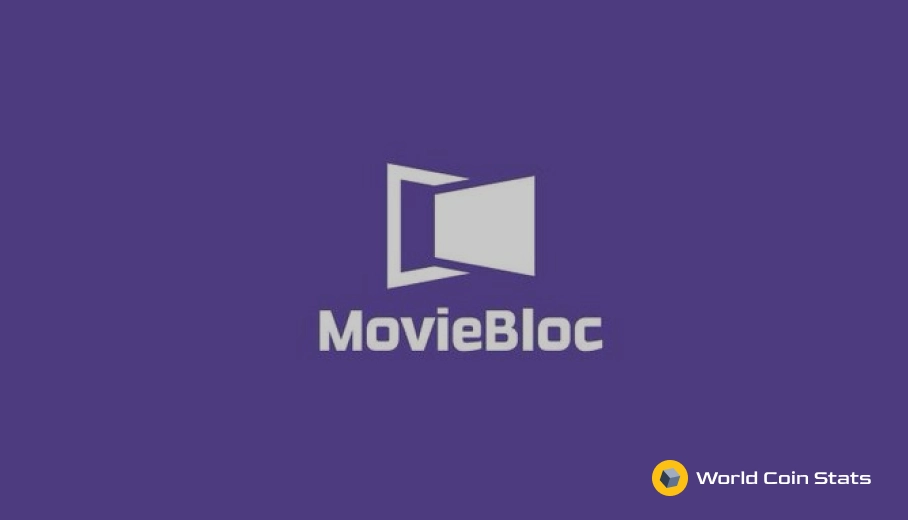MovieBloc (MBL) – Full Review
MovieBloc is one of the more interesting cryptocurrency projects that has emerged over the past few years. It’s not a memecoin nor is it a dog coin or play to earn game.
This is a cryptocurrency project that actually has utility. Basically, MovieBloc is attempting to become a sort of decentralized, blockchain Netflix.
Now, this is not some vague promise by an anonymous team of developers. No, MovieBloc already has a working product that allows customers to watch movies on the platform. The founders also are not anonymous.
Anyway, we will cover everything you need to know about MovieBloc in this article including the viability of this project and whether or not it’s a good investment.
Contents
What is MovieBloc?
To keep things simple, MovieBloc is a movie platform on the Ontology blockchain. You can think of it as a decentralized version of Netflix.
Of course, this is not the type of industry that really requires decentralization, but MovieBloc is attempting to make decentralization work with this distribution model.
MovieBloc works in a fairly simple to understand way. Movie owners can upload their movie to MovieBloc and then earn money from either selling the movie to MovieBloc customers or by receiving a share of the ads if they choose to list the movie for free on the platform.
As you can probably imagine, MovieBloc has a heavy focus on indie movies. The current focus of the platform is the South Korean market.
What is MBL?
MBL is the native token of MovieBloc. It’s used to pay for movies, subscriptions, and to pay out content creators (subtitle writers). The use of MBL on the platform provides a fairly constant demand for MBL that keeps the price somewhat stable.
Is MovieBloc a Good Investment?
MovieBloc definitely has potential to become a major player in the movie industry. The project uses cryptocurrency and blockchain technology, but that’s not really a difference maker for the project.
The project can really take off if they secure the rights to some popular Korean movies on the platform. The world market has become increasingly interested in the Korean movie and television industry after the success of Squid Game (2021) and Parasite (2019).
More importantly, MovieBloc must make more of an effort to market their services to a broader audience. The movies on the platform have generally received positive reviews from reviewers, but no one knows about the platform.
Anyway, we would rank MovieBloc as a good speculative investment. We like the long term potential of the project, but it really needs to focus on marketing, developing more content, and acquiring rights to big name movies from studios to see big growth.
MBL Price History
MBL hovered in the sub-$0.01 range for most of its history. This changed in March 2021 when the price went from $0.003 to $0.01 within a day or two. The price continued to rise to an all-time high of $0.037 on March 15, 2021.
The price then collapsed back below one cent shortly after that, but it has recently risen above $0.01 over the past week or so.
MBL has also seen a tremendous amount of trading volume over the past week. Most of this price increase and uptick in trading volume has been attributed to MovieBloc announcing a distribution partnership with Australian studio Continuance Pictures.
Where to Buy MovieBloc (MBL)?
You can purchase MBL on a few different centralized exchanges. The two most popular exchanges to purchase it are Binance and Bithumb.
Our recommendation is to purchase it on Binance just because it’s far easier and they have a USDT and BNB trading pair. Bithumb only has a MBL/KRW (Korean Won) trading pair.
Closing Words
To summarize, MovieBloc is a project that is trying to compete with Netflix. The project is still in its infancy, but it’s making steady progress and targeting a market (South Korea) that has seen an increasingly large audience for its television shows and movies.
It’s certainly a project that you should keep an eye on in the future. All it really takes for MovieBloc to fully take off is a few key partnerships and licensing agreements with major studios that produce movies people actually want to see.




